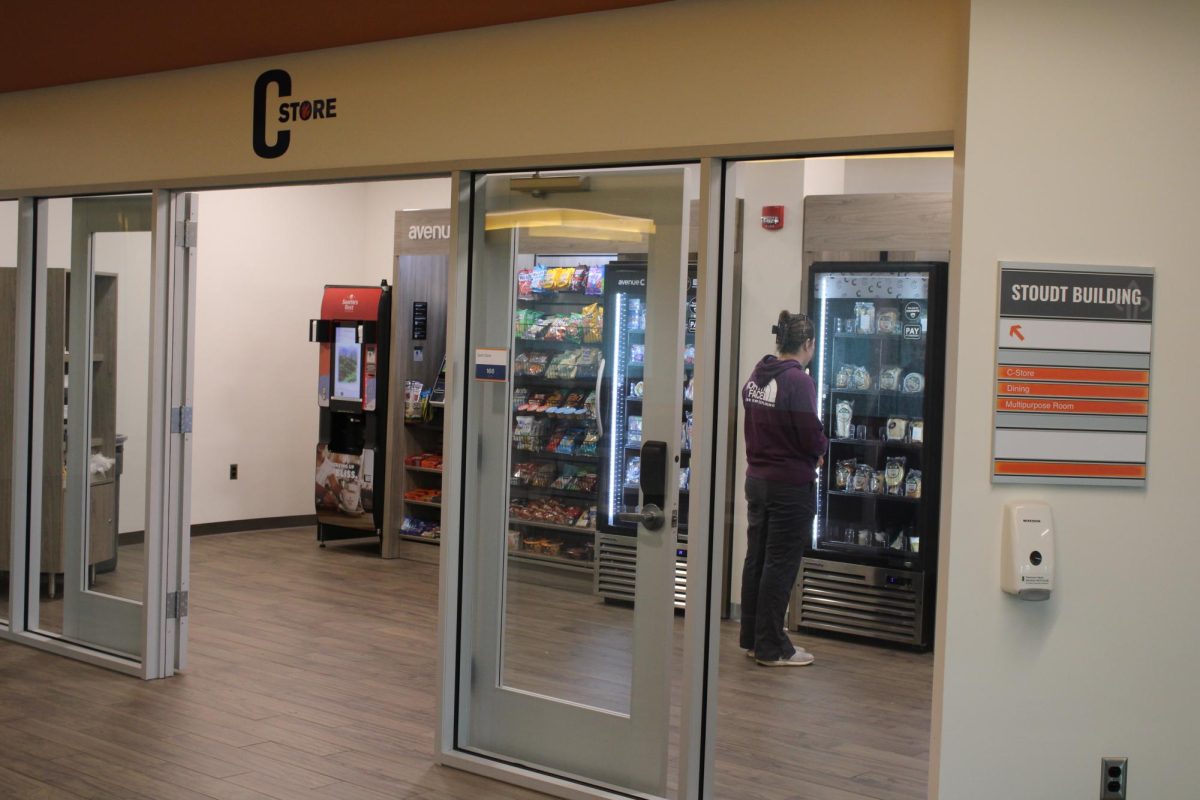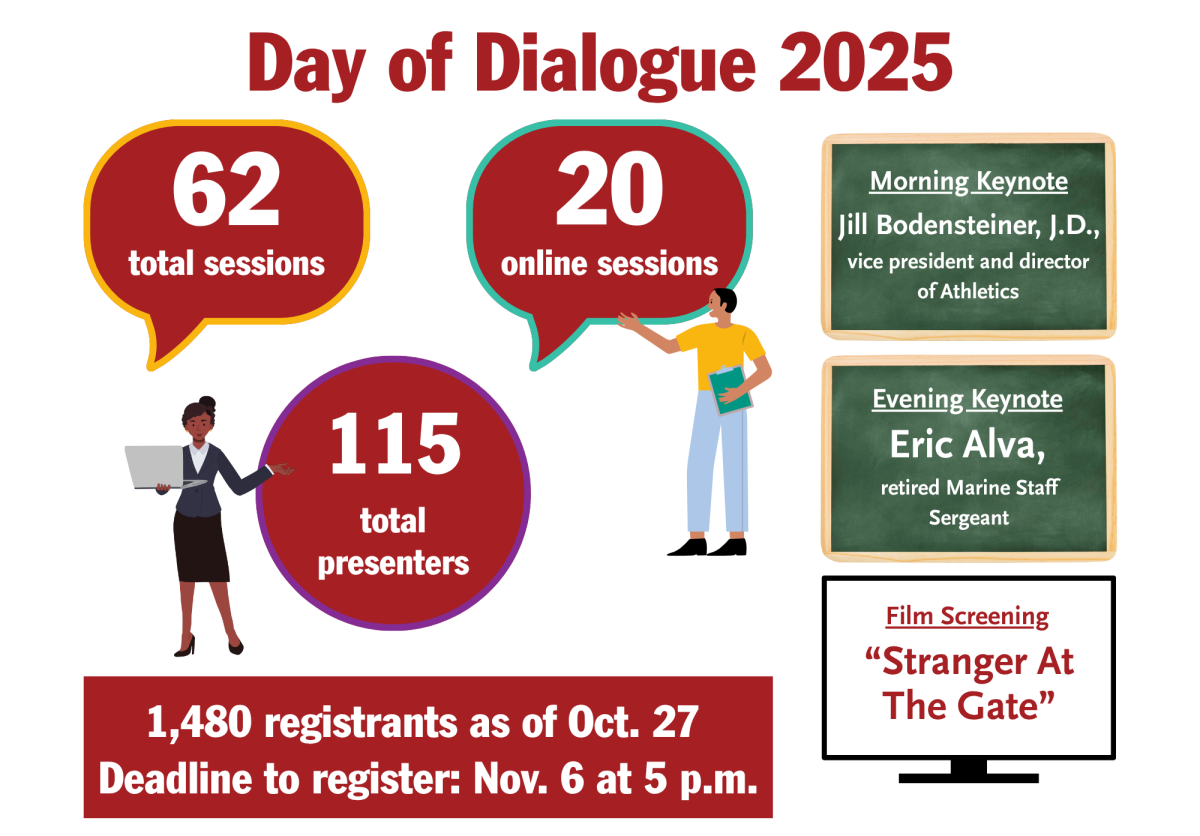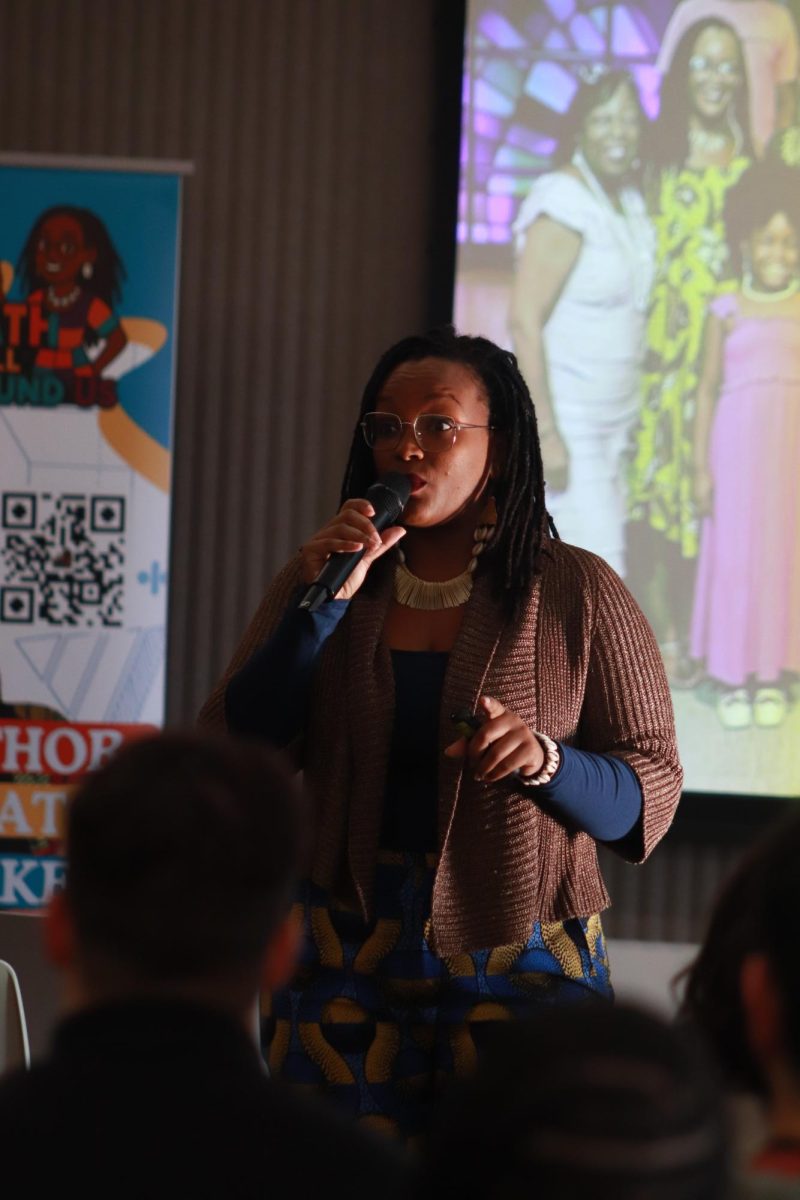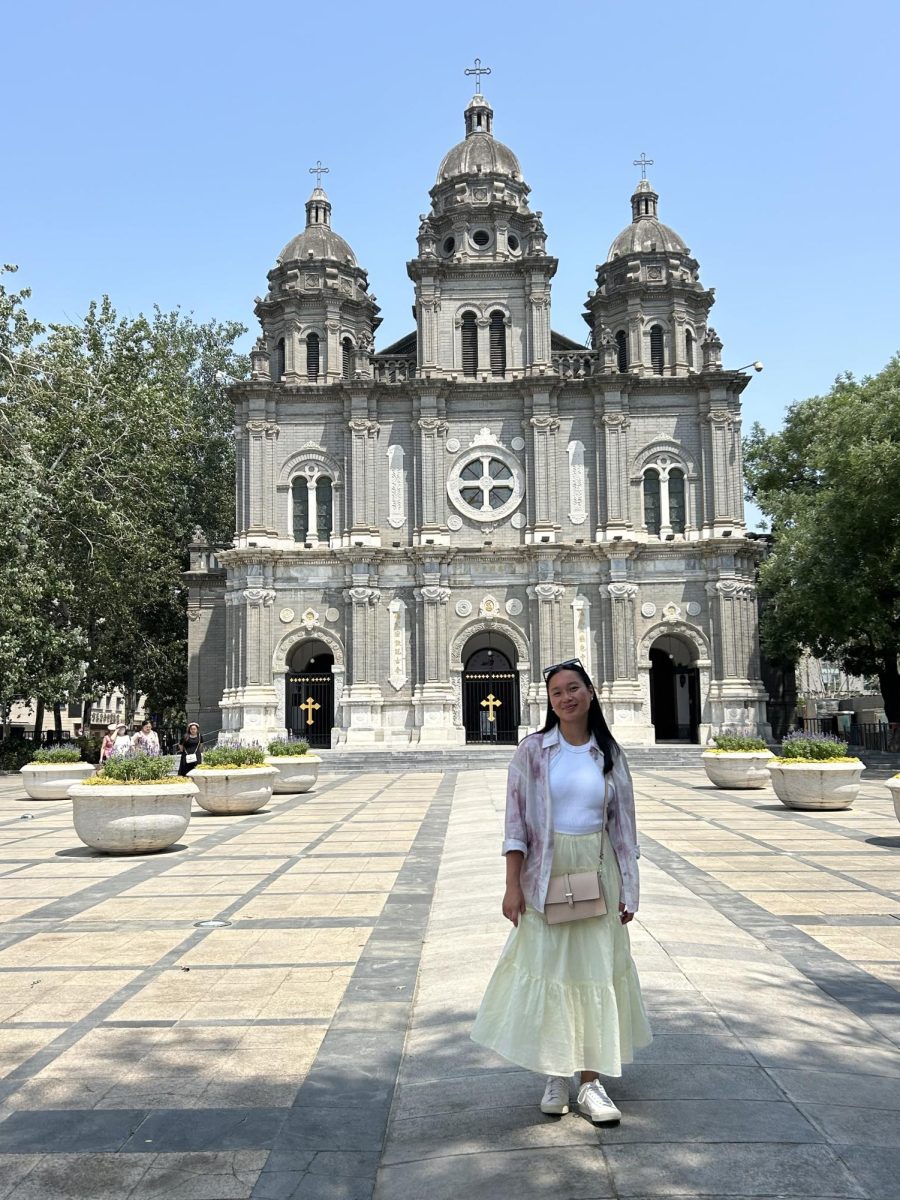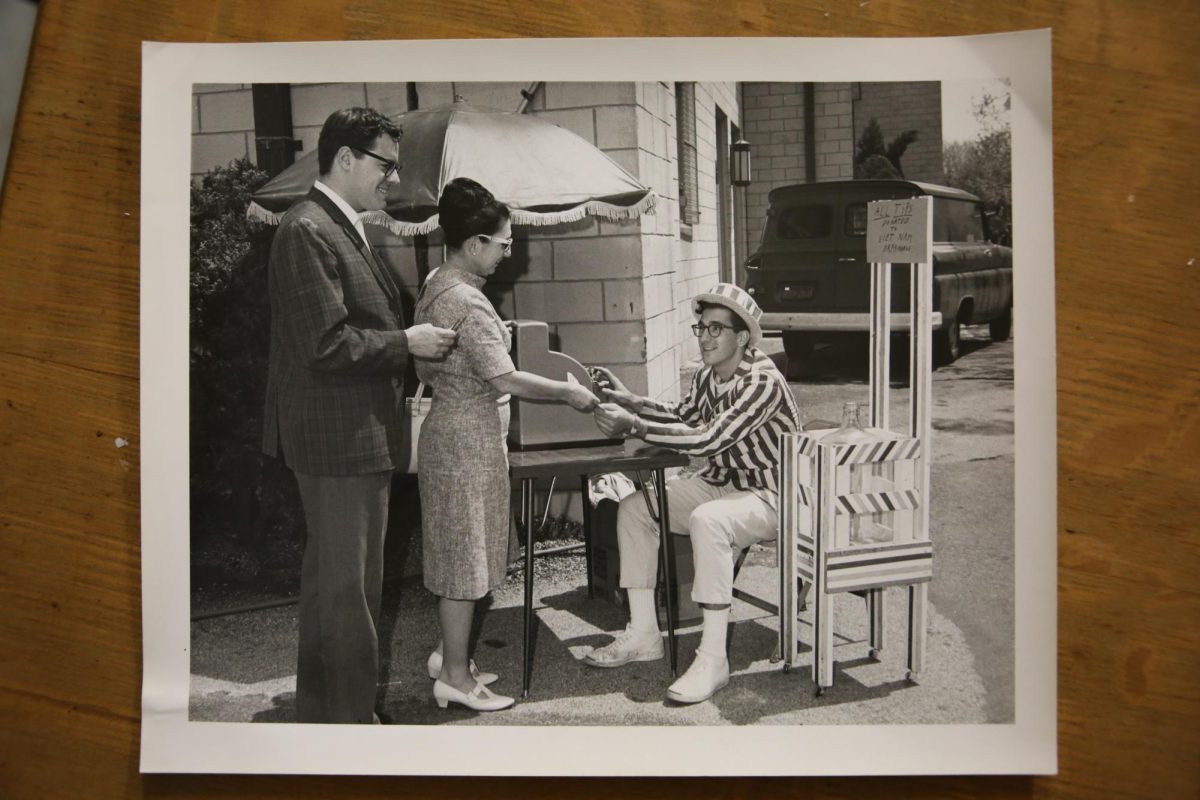St. Joe’s received the 2020 Carnegie Community Engagement Classification endorsement recognizing the university’s “commitment to public purpose.” The university first received the recognition in 2010 and was reclassified by The Carnegie Foundation on Jan. 24, joining 359 other institutions.
In a University Announcements email, Cheryl McConnell, Ph.D., provost and vice president for Academic Affairs, highlighted the community engagement efforts of St. Joe’s.
“From the classroom to research and co-curricular activities, our students, faculty and staff partner with communities around the corner and across the globe to form lasting, mutually beneficial relationships,” McConnell wrote in the email. “These partnerships strengthen our core values, address critical societal issues and contribute to the public good.”
According to the award letter to St. Joe’s from The Carnegie Management Team, the classification identifies institutions that “have achieved the highest distinction” in community engagement.
“The purpose behind the effort that launched the Elective Carnegie Community Engagement Classification was to honor those higher education institutions who chose to express their commitment to public purpose in and through community engagement, a commitment that undergirds American higher education,” the management team said in the letter.
Ann Marie Jursca Keffer, director of the Faith-Justice Institute, was the chair of the St. Joe’s Carnegie Reclassification Steering Committee, which was made up of representatives from all divisions of the university. She said for a year and a half leading up to the application submission, the committee looked at ways to improve the university’s involvement in the community.
“We really used the process of completing the application to be transformational for St. Joe’s in the sense that we weren’t just writing answers to it,” Keffer said. “We were looking to really build on the culture of community engagement that St. Joe’s has.”
One of those efforts was creating a webpage with an institutional map of community partners, both local and international. Keffer said the recognition is acknowledgement and affirmation that St. Joe’s is an institution with an “outward” focus.

community engagement webpage.
“So much comes back down to the mission of the university as a Jesuit Catholic university,” Keffer said. “In our mission statement it talks about community engagement…the mission statement is really owned by programs and departments throughout the university.”
McConnell highlighted specific programs at St. Joe’s that have internalized community engagement, such as health related research in the Institute of Clinical Bioethics, the enrollment of over 600 students in the Faith-Justice Institute’s service-learning program and the Kinney Center’s programs and outreach.
Another aspect that stood out to Keffer during the application process was looking at where the university invests its money. Keffer said the Office of Procurement Services has specific initiatives where they are focusing on fostering local economic development.
“A lot of people initially think of the direct service model as community engagement, which it absolutely is,” Keffer said. “But truly every division of the university has examples of community engagement.”


